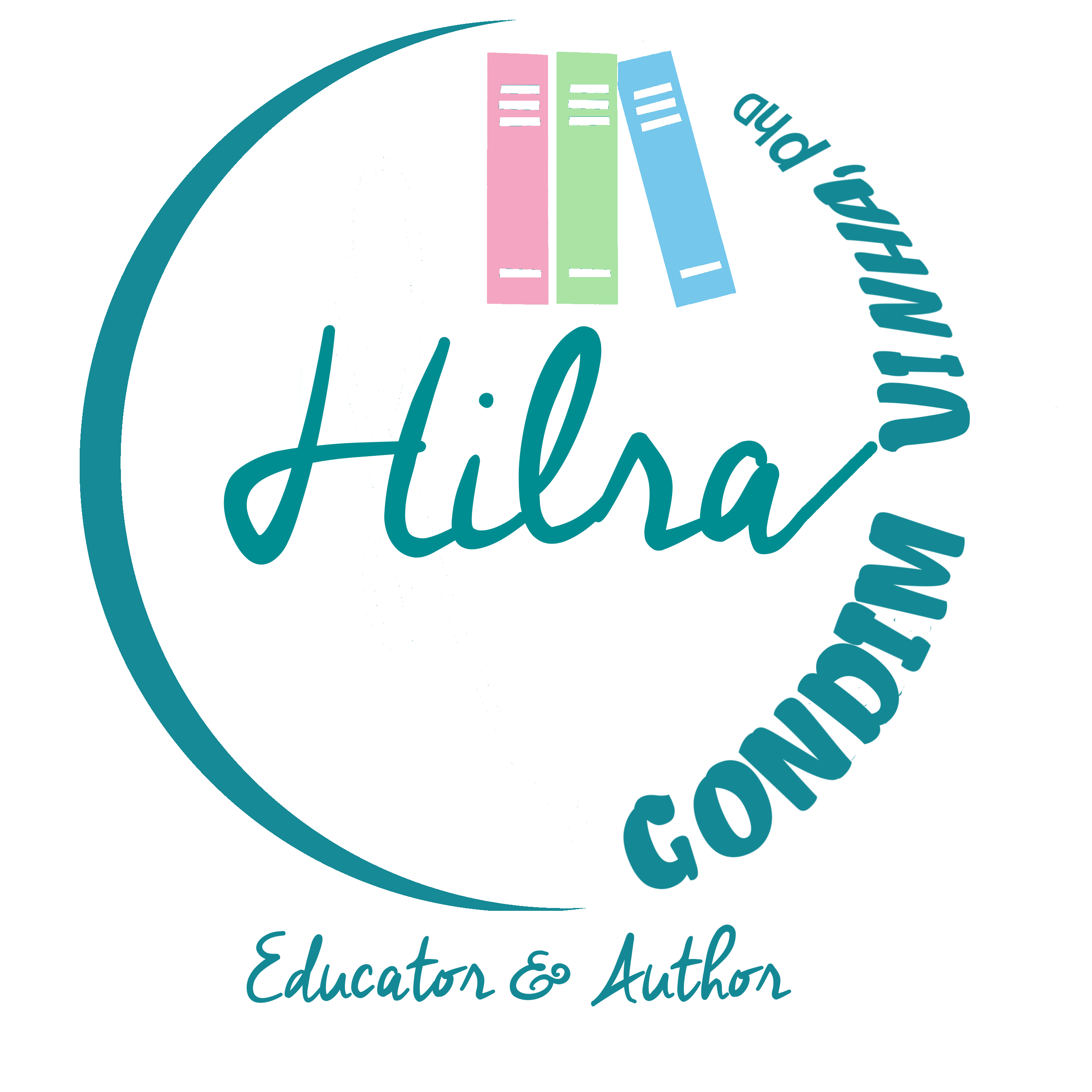ALVES, R. (2000) Por uma Educação Romântica: Brevíssimos exercícios de imortalidade, Vila Nova de Famalicão: Centro de Formação Camilo Castelo Branco.
BALL, S. (1990) Politics and Policy Making in Education, London: Toutledge.
BRUNER, J. (1983) Child’s Talk: Learning to Use Language, New York: Norton.
CLANDININ, D. J. & CONNELLY, F. M. (2000) Narrative Inquiry: Experience and Story in Qualitative Research, The Jossey-Bass Education Series, San Francisco: Jossey-Bass.
CLOUGH, P. (2002) Narratives and Fictions in Educational Research, Doing qualitative research in educational settings, Buckingham/Philadelphia: Open University Press.
COLLINS, J., HARKIN, J. & NIND, M. (2002) Manifesto for Learning, Continuum studies in lifelong learning, London: Continuum.
COULTER, C., MICHAEL, C. & POYNOR, L. (2007) Storytelling as Pedagogy: An Unexpected Outcome of Narrative Inquiry. Curriculum Inquiry, 37, 103-122.
DENZIN, N. K. & LINCOLN, Y. S. (Eds.) (1998) Strategies of Qualitative Inquiry, Thousand Oaks-London-New Delhi: SAGE Publications.
DEWEY, J. (1997) Experience and Education, New York: Touchstone.
ERBEN, M. (Ed.) (1998) Biography and Education: a reader, London: Falmer Press.
ERBEN, M. (2000) Ethics, Education, Narrative Comunication and Biography. Educational Studies, 26, 379-390.
ETHERINGTON, K. (2004) Becoming a Reflexive Researcher: Using Our Selves in Research, London – Philadelphia: Jessica Kingsley Publishers.
FERNÁNDEZ, A. (2000) Los idiomas del aprendiente: Análisis de modalidades ensinanza en familias, escuelas y medios, Buenos Aires: Editorial Nueva Visión.
FREIRE, P. (1967) Educação como prática da liberdade, Rio de Janeiro: Paz e Terra.
FREIRE, P. (1970) Pedagogy of the Oppressed, New York: Continuum Publishing Company
FREIRE, P. (1980) Conscientização: teoria e prática da libertação, São Paulo: Moraes.
FREIRE, P. (1981) Educação e mudança, Rio de Janeiro: Paz e Terra.
FREIRE, P. (1983) Education for Critical Consciousness, New York: Continuum.
FREIRE, P. (1995) Pedagogia: diálogo e conflito, São Paulo: Editora Cortez.
FREIRE, P. (1996) Pedagogia da Autonomia, Rio de Janeiro: Paz e Terra.
GOODLEY, D., LAWTHOM, R., CLOUGH, P. & MOORE, M. (2004) Researching Life Stories: Method, theory and analyses in a biographical age, London and New York: RoutledgeFalmer.
GREEN, J. A. (1912) Pestalozzi’s Educational Writings, London: Edward Arnold.
GRIFFITHS, M. (1998) Educational Research for Social Justice: getting off the fence, Doing qualitative research in educational settings, Buckingham-Philadelphia: Open University Press.
HARDY, B. (1968) Towards a Poetics of Fiction: An Approach through Narrative. NOVEL: A Forum on Fiction, 2, 5-14.
PESTALOZZI, J. H. (1900) How Gertrude Teaches her Children, London: Swan Sonnenschein & Co.
POLKINGHORNE, D. E. (1988) Narrative Knowing and the Human Sciences, Albany: State University of New York Press.
RICOEUR, P. (1984) Narrative and time, Vol. 1, Chicago: Chicago Press.
RICOEUR, P. & VALDÉS, M. J. (1991) A Ricoeur Reader: Reflection and Imagination, Theory/culture series, 2 Toronto: University of Toronto Press.
RIESSMAN, C. K. (1993) Narrative Analysis, Qulitative Research Methods, 30: Sage.
ROBERTS, B. (2001) Biographical Research, Buckingham – Philadelphia: Open University Press.
ROUSSEAU, J. J. (1961) Émile: or, On education, London: J.M. Dent & Sons.
VYGOTSKY, L. S. (1962) Thought and Language, Cambridge: The MIT Press.
Narrative and educative process: a reflection on possible intersections
Introduction: ‘I have read your romance on the subject of education’
1. Narrative and Education: comparing the concepts
1.1. Examining the concept of education
1.2. Examining the concept of narrative
2. Narrative and Education: four non-arbitrary intersections
2.1. Principle of authorship
2.2. Principle of temporal continuity
2.3. Principle of empowerment
2.4. Principle of Interaction through communication
3. Conclusion: beginning and finishing from my standpoint
3.1. Personal account: autobiography as an emancipatory learning experience
3.2. Conclusion: how I regard my understanding of narrative as an educative process

